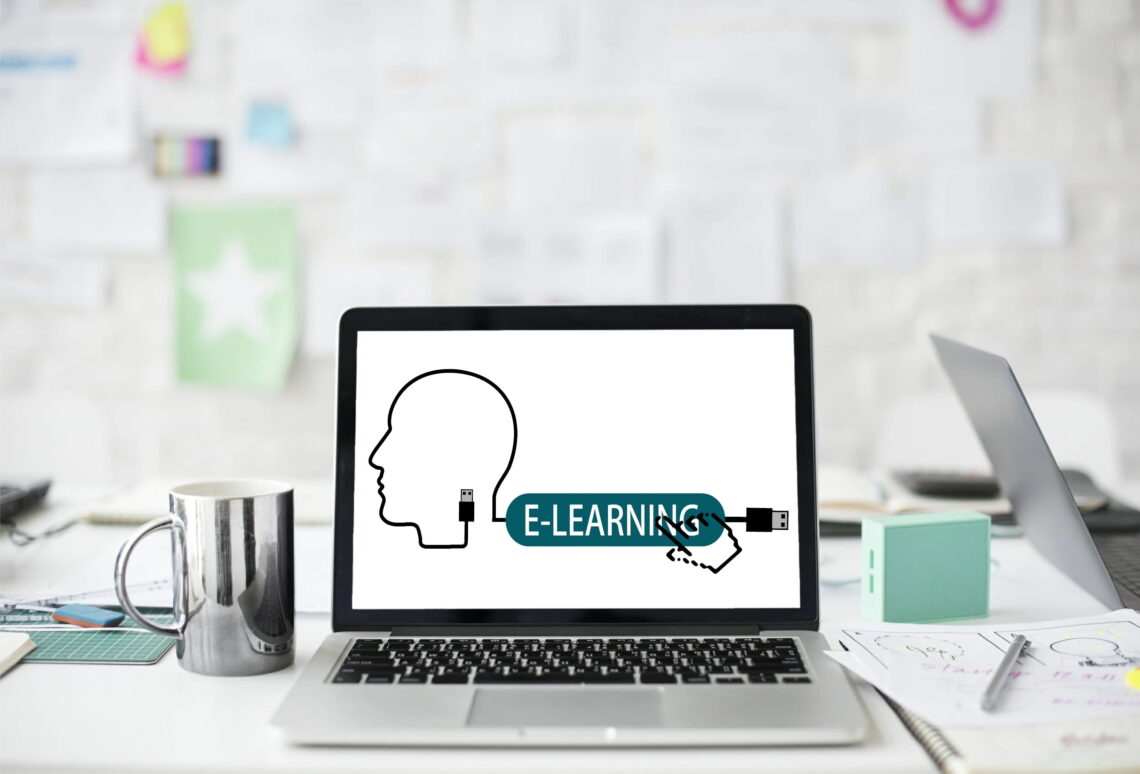
Posted on 28th October 2020
Studying remotely in times of social distancing
Harriet Cannon and Nicola Martin are experienced higher education disability practitioners. In the Spring of 2020, they co-ordinated the creation of guidance for autistic students on how to study remotely in times of social distancing. With universities moving more and more of their teaching online and a new lockdown just starting, this guidance is as important as ever.
Sudden large-scale unprecedented change is challenging for students and universities. In our experience, autistic students work best in environments which are predictable, and the same applies to most people.The COVID-19 pandemic threw predictability into disarray.
In response, the following guidance document was created by a group of practitioners who have a great deal of experience of working with autistic students . This guidance is informed by research which involved autistic students.
What does the guidance cover?
- It provides a form of road map which can be used to make sense of services available while the university is not operating in the way it used to.
- It gives practical assistance with studying during and after the COVID-19 pandemic and the resulting lockdown.
- It covers mental health and well-being considerations as well as guidance in navigating university systems, services and people to liaise with.
- It also offers guidance on prioritising work, taking into account a healthy work-life balance.
- Overall, it aims to diminish the stress and anxiety often associated with confusing and challenging situations.
Harriet Cannon is Disability Advisory Team Manager at the University of Leeds and runs a national mailing list for autism practitioners. Nicola Martin is Professor of Social Justice and Inclusive Education at Southbank University.



